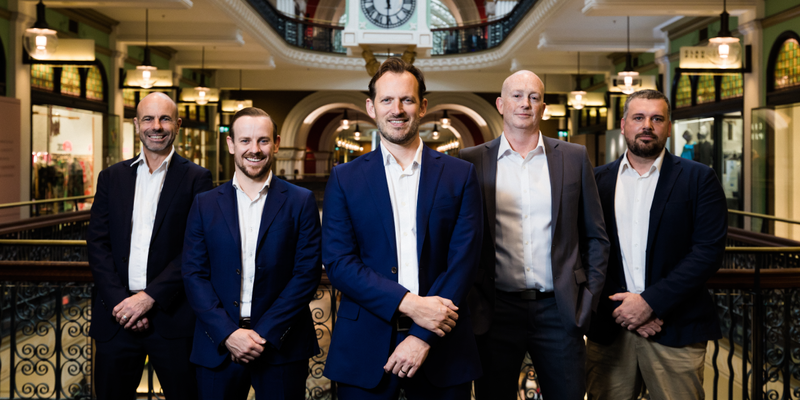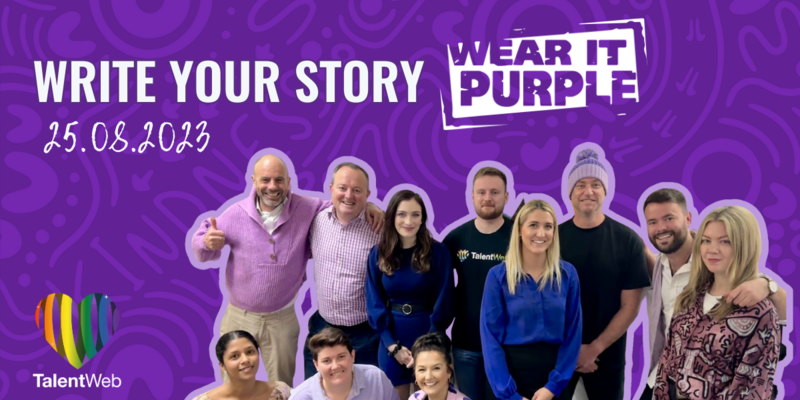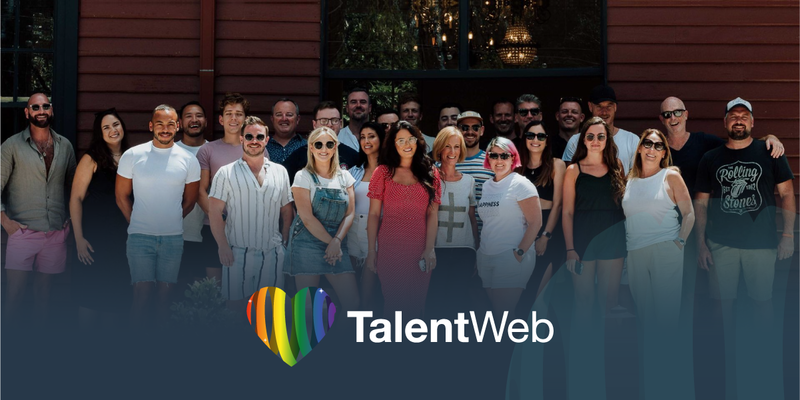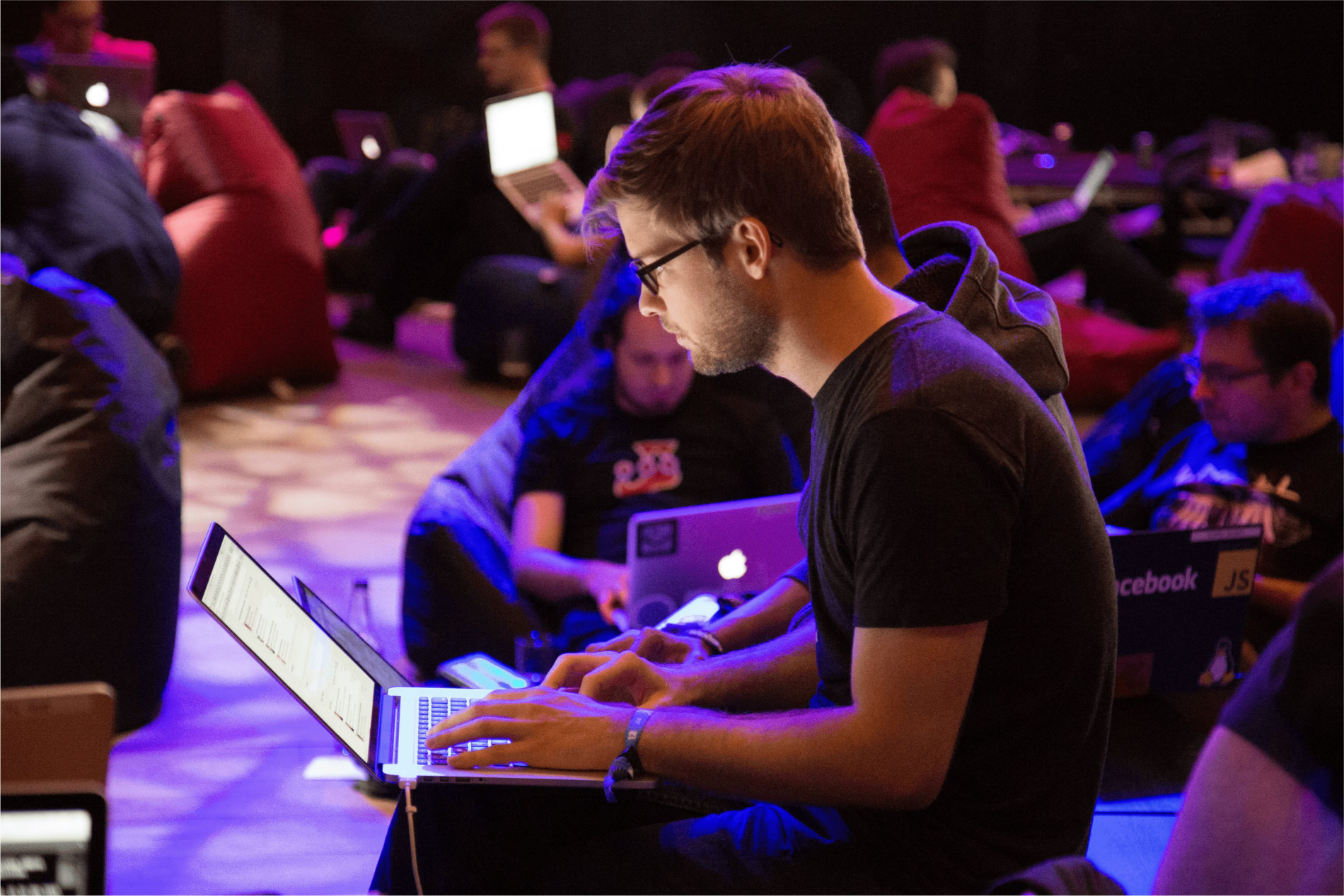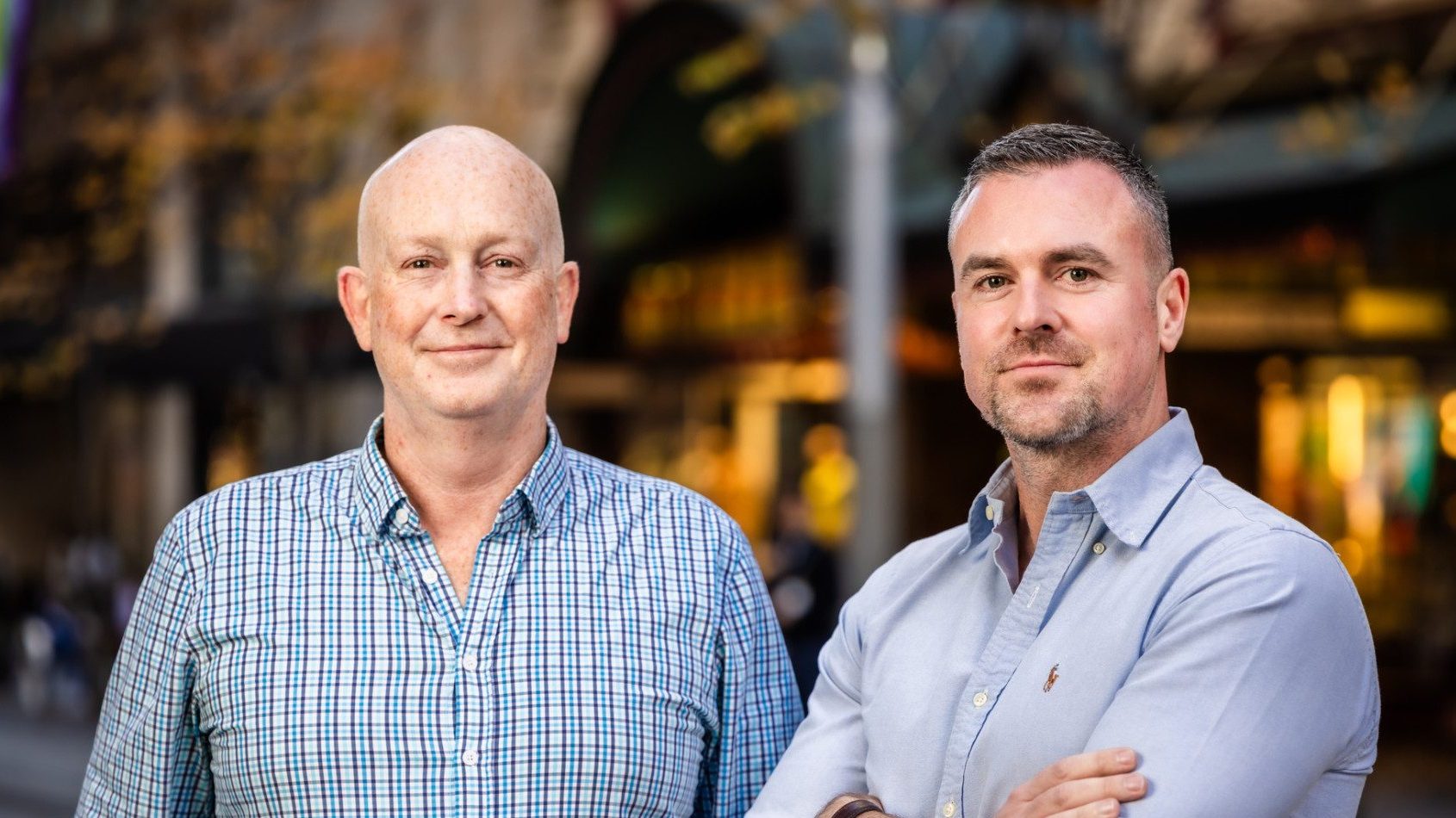
January 6, 2024
“We have grown exponentially since we have really focused our attention on this purpose about wanting to use business as a force for good,” he tells Shortlist.
The company had set a goal to double in size over three years, but will have achieved that within 18 months, Fannon says. “That’s top, middle, bottom, headcount, panels, pretty much everything we can use metrics against!
“We’re on track to do 30% EBIT improvement this year, probably more, and that’s on the back of 26% last year.”
Headquartered in Sydney, it is preparing to open an office in Melbourne in July, and Brisbane later this year.
“It’s very possible to prove that both purpose and profit can exist successfully”, Fannon says.
And it is something he says clients, and the industry, are demanding. “They expect more from us, and using business as a force of good is what our customers are expecting from us now.”
TalentWeb’s people also expect the same, and the company recently ranked as one of Australia’s best places to work, scoring “vastly higher” than all other professional services companies in nine out of the 10 categories.
Fannon says the accolade is a testament to his team, “and their response to what they believe a great place to work should be”.
“It’s cool to give a shit, that’s kind of where we got to.”
The business is run as an “idea meritocracy”, which Fannon explains means operating for the purpose and wellbeing of every individual.
“It’s for all stakeholders not just shareholders,” and it’s led from the front, he adds.
In fact Fannon, who joined TalentWeb in 2015, implemented the meritocracy principle when he was promoted to CEO two years later.
“[The board] could see what I was doing in terms of transforming what was once a kind of siloed business into a very cross-pollinating, culturally diverse and enriched human-led business”.
The whole company worked together to map out and refresh TalentWeb’s purpose, mission, values and goals, and refreshes and stress-tests its strategy every six months “as a collective”.
As a result, people feel more enriched and empowered by the work they are doing, and the value they bring to clients, Fannon says.
“Consultants are very comfortable telling a customer that if you want my time you’re going to pay for it – not for the outcome, you pay for the work,” he says.
“We have a huge amount of retained work, and I am very proud that that’s a significant component of our business.”
Staying ahead of trends
A key part of TalentWeb’s purpose is wanting to do today what its rivals will do tomorrow, Fannon says, and a few years ago the company attained B Corp certification, which is given to for-profit businesses that meet the highest standards of social and environmental performance, accountability and transparency.
“It’s like the giant ethical tick of approval,” Fannon explains. “And we were the first recruitment agency in New South Wales to become B Corp certified.”
The company also had a ‘work anywhere anytime’ policy “well before COVID happened, well before it was a thing!”, he says.
As well as playing its “small part” in driving social and environmental outcomes, the company also seeks out clients that share its values and desires to “address inequalities or the climate crisis or diversity and inclusion, and we give them the very best talent in the market to ensure that they succeed”.
And talent are increasingly attracted to these workforces, especially Millennials and Gen Z, Fannon says.
“They are a more significant part of the Australian workforce now, and they want to work for brands that genuinely make a difference in the world, so it’s not a hard sell.”
It’s also not hard to say ‘no’ to working with clients that don’t share these values.
“It’s a lot easier to say no than you think,” Fannon says, particularly in such a strong market.
And if the market cools? “I feel that we would prefer to lose with integrity than to win without it,” he says.
“We’re looking for sustainable growth, but we value good business over just business.”
